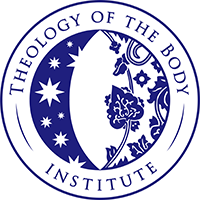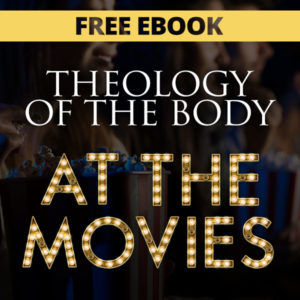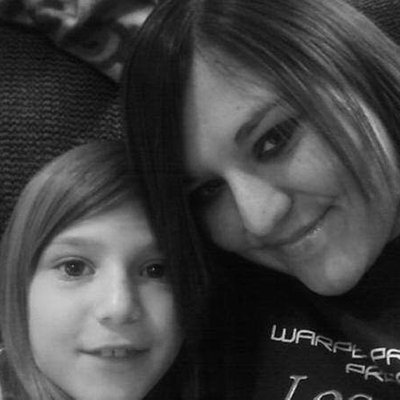

Taking Theology of the Body to the Streets
Taking Theology of the Body to the Streets

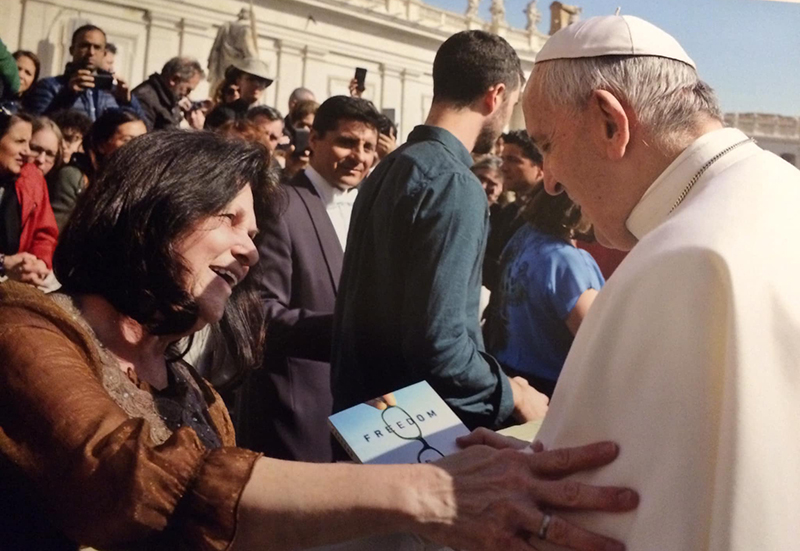
When I first learned of St. John Paul II’s Theology of the Body at a parish study group in Boulder, Colo., it began to affect how I viewed other people. I started seeing others for who they were, not for what they were going to do for me — or to me. Acquiring this perspective, of course, took time and grace, but my hunger for this new way of thinking and living kept me moving forward. Love also took on new meaning. I wanted to love and be loved, but before I could love others rightly, I had to first learn to love God. I still saw Him as one who loved us only if we did things just right.
As an adolescent, I suffered sexual abuse over several years and eventually immersed myself for years in illicit sex, drugs and alcohol. When I discovered the Theology of the Body, I learned that God’s love is unconditional. Once this reality set in, I could begin to believe that others — my family, my friends, my pastor — could have the same kind of love. I marveled when I first heard the quote about God’s nature from the Catechism, “God has revealed his innermost secret: God himself is an eternal exchange of love, Father, Son, Holy Spirit, and He has destined us to share in that exchange” (221). Imagine that! We are called to participate in the very inner life of God!
I thought, if I really believe all that I have come to learn, what do I do with it? How do I, the woman with a sordid past who has gained her own dignity, help others to do the same? I prayed, “Lord, teach me your ways, direct my path, may every fiber of my being unite in reference to your name.” Like Moses asked the Lord to send Aaron instead to preach to Pharaoh, I did not feel smart enough or worthy enough and was willing to help someone else do His will. Yet, my desire for an easy path was not what the Lord was asking of me.
New Friends In An Unexpected Place
When I moved to Denver from Boulder, Colo., after my divorce, I rented a studio apartment on Capitol Hill, right across the street from the Capitol. I didn’t know anyone who lived downtown, and in the evening after getting home from work I would eat dinner and then head over to the steps of the Capitol. Sometimes I would take a book to read or just sit on the hill looking over the parks, daydreaming and saying hello to the many people who walk by.
Once a lady came up and sat on the wall with me. We started chatting about the weather, the park, people — nothing of importance … just being friendly. After a few weeks of sitting outside, we had a group of six or more who just gathered to chat. It was the simple fellowship I was craving. Then one day one of my new friends asked if anyone had anything to eat because her appointment went so long that she missed the last “feed” for the evening. None of us had anything, so she said she was heading to the 16th Street Mall to spange (ask for spare change) or ask for “white boxes” (people’s leftovers). That was truly the first time I realized my new friends were actually homeless. It amazed me how comfortable I felt and how accepted I was. The next night I brought some sandwiches with me, and everyone loved them and asked what shelter I had gotten them from.
When the weather started changing, they invited me to their shelter next to the courthouse, where they sat on a grate with blankets and sleeping bags. The heat would keep us very warm, and a tarp over the top kept everyone dry! After this encounter, I started asking people at work for socks, food, toiletries … anything I thought might help make their lives a little easier as they lay down on the heated great at night to sleep.
Soon people would ask if they could join me in my homeless ministry. I would answer, “What homeless ministry? These people are my friends.” One day a young adult who was in the seminary, Mason Farley (now Father Mason), asked me if I would lead him and his seminarian friend on a homeless walk through the park. We met a gentleman who called himself King David. King David gave me a silver ring to try on. Laughingly I put it on my middle finger on my left hand, he said, “Now we’re married.” I reminded him it was the wrong finger, and I tried to take it off. 12 years later, the ring still would not budge. It remained on my finger to remind me always to let the Lord lead! This was the beginning of many “homeless walks” over a course of 12 years.
Binky
I almost gave up my ministry when I met a young girl in the streets called Binky (her street name). She got her name from picking up a pacifier on the ground and putting it in her mouth. The street kids named her Binky, and it stuck. She was 15 and one of the nicest, sweetest, shyest kids I had met on the streets. It took some months before she would talk to me and become my friend. You could tell there was a lot going on in both her mind and body. The kids on the street took her in, watched after her, made her feel cared for and loved.
Finally, myself and several different Denver street ministries convinced her that she was worth so much more and she needed to get into a shelter and finish high school. Simply she needed to be cared for. She finally agreed. But because she was 15, she had to wait until she was 16 to enter a shelter, as none would take kids at that age at that time (the age has since been lowered). We kept trying to encourage her as she only had two weeks to wait. The night before she was ready to go, her boyfriend was arrested and put in jail. She went into her closet and hung herself. Losing hope for those who believe they have no hope is the saddest thing on this planet. I saw myself in this young lady. I saw so much hope. I saw a future for her that she didn’t see for herself. I was broken.
On the way home from Binky’s funeral, I called my longtime spiritual director, Father Michael O’Loughlin in Colorado, telling him I was done with homeless ministry. I simply couldn’t do it anymore. He told me that may be true, but that I needed to pray it through, that if the Lord wanted me to continue, He would strengthen me. If He had another plan for my life, He would show me the way. My fear was that my heart would be hardened, and death on the streets would no longer hurt and would become just a part of daily life.
I prayed hard about continuing. I did continue, and the Denver Homeless Ministry began.
“Do You Remember Me?”
As most of us know, hindsight often permits us to see the “why’s” of our questions. I understood what Binky went through because of my past. Coming to terms with your past doesn’t take away the hurt you feel for others. It allows you not to be stagnant. It gives you courage to stand strong and reach out. Survival doesn’t have to be negative. In our desire for “union and communion” — in our desire to “love and be loved”— Pope John Paul says we often settle for counterfeits. But in time we can learn to believe that there is a God who does love us.
Often people who don’t know me or know my past ask me why I do what I do, going out on the streets in the pouring rain, freezing cold or knee-deep snow when, maybe, only one life was touched. I remember the words of Mother Teresa, who said: “Never worry about numbers. Help one person at a time and always start with the person nearest you.”
A few years ago a young man asked for a suit. We gave him one, he seemed to disappear, and we hadn’t seen him in quite some time. When we were doing outreach, this same young man ran across the street to give me a hug and tell me he just got off work and that he couldn’t have done it without the help he got from the Denver Homeless Ministry. That’s why we do what we do. It’s not always that the Lord allows us to see the fruits of our labors, but when He does it’s a joyful blessing.
One of my favorite stories was meeting a man in his 30s on the 16th Street Mall in Denver, where we were handing out items for youth. We served 25-and-under mostly at that time yet never turned someone in need away. He approached me on one of the coldest February nights I had experienced in Denver. It was 17 below. This young man said he just wanted to talk to someone. He told me how he was an alcoholic and his mother-in-law had had enough and kicked him out and he could not come back and stay with his wife and child until he “cleaned up his act.”
He said he was living in a tent under the bridge. I stayed and listened to his story. To be honest, I was freezing and I just wanted to go home. I finally offered him a bottle of water. He kept talking and I kept getting colder. I found myself praying silently to the Lord that he would stop talking, yet I could see and feel his hurt. He needed to know that I saw him, that he wasn’t invisible, that he was a real person with a real need. Finally I told him it was time for me to leave, and I took off my gloves and gave them to him since I was going home and I thought he needed them more than me. I thought that would be the end of it and I’d never see him again. That’s generally how it is on the streets.
About six months later I was meeting up with a friend on the mall when I stopped to watch this man paint amazing pictures with spray paint. There was a crowd of about 25 standing around watching, waiting for him to finish this last part of his painting. He stopped and said, “I’m going to finish this in a moment but I want to tell you a story. My life was not always this good. One day I had hit rock bottom and I didn’t think that I could make it anymore and I met a woman that simply listened to me and looked me in the eyes as I talked. She seemed to believe in me. She gave me a bottle of water, took off her own gloves to give to me and gave me a hug before leaving. I went back to my tent under the bridge, and I said to myself ‘If a complete stranger can believe in me, than I need to change and start believing in myself.’ I quit drinking, I went back to my family and this is my wife and daughter whom I would like to introduce to the woman who changed my life.” He pointed to me and asked, “Do you remember me?” I did but I didn’t recognize him as everything about him had changed! As the crowd turned to look, I had tears in my eyes as I thanked the Lord again and again for allowing me to see the fruits.
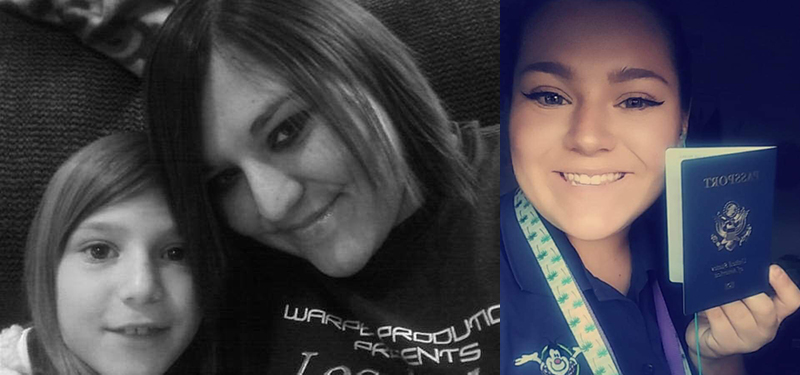
A TOB Journey Takes Flight
Several years ago, I had a very powerful dream of taking a homeless person from the streets of Denver to Rome. I woke up thinking, this surely can’t be from the Lord, I don’t have marketing skills, the connections, or the money to take on a project this big. So, I had a little talk with the Lord. I told Him, yes, but I wanted to make sure He understood that if this idea was from Him, I would indeed do it. After dreaming about this for six months, he laid someone on my heart and the process began. It hasn’t been easy, but it has been totally amazing. Every single life has changed.
Nina was so overwhelmed meeting Pope Francis that she cried, and she cried again immersed in the beauty of the Sistine Chapel the next day.
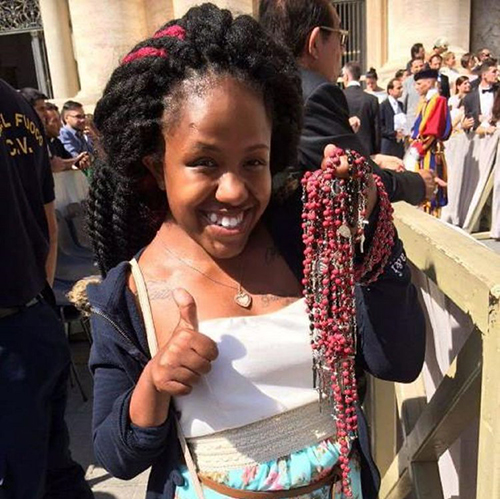
Katie remembered every word the pope said at the Wednesday audience and couldn’t wait to give her family the rosary that was given to her. The next day, she followed Raquel (our chaperone) and me to confession in the Sistine Chapel. She said she asked the priest for help with her daughter Anastasia and was told not to be too hard on herself and to learn to forgive herself. She was being a good mom. This, she told us, “changed my life,” and we all stayed in the Sistine Chapel praying for quite sometime. That says a lot for a young woman who is not Catholic and doesn’t go to church.
Glitterbear (Clarissa) lived under a bridge when I met her on the streets. I had to talk to her probation officer to end probation early so as not to have any issues with security when she traveled to Rome. After her return, she moved to Pueblo, Colo., to be away from all of her past friends and to totally focus on her children. She started a job and had an apartment for her family. Her son, who had been in special education classes, was put in the mainstream classroom, where he started getting mostly B’s and some A’s. He is on the football team and was crowned homecoming king. He needed a mom and a stable family life.
Shyla went to Rome in 2016 and, two years later, was baptized a Christian. She told me: “Rome has changed my life. I’m a different person. I have faith in Christ. My life is different. I’m different.”
In March of 2020, I will take the seventh person to Rome. Angelique, the little sister of Binky, is the person the Lord laid on my heart. We will be going on the 10th anniversary of Binky’s suicide.
Tanya Cangelosi is the founder and CEO of The Denver Homeless Ministry. She has been featured in articles by CNA and CRUX, along with her personal story and testimony in the book FREEDOM: Twelve Lives Transformed Through Theology of the Body by Matthew Pinto (Ascension Press). You can support her ministry and read about past and future trips to Rome at www.thedhms.org or on Facebook at The Denver Homeless Ministry or HOMELESS TO ROME.
